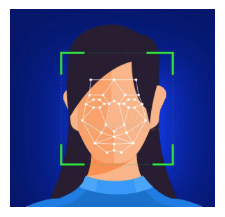Use of facial recognition in schools. DPIA's are essential.
Facial Recognition – DPIA’s are essential
North Ayrshire council was criticised for attempting to introduce facial recognition technology so that pupils can pay for school meals in an attempt to speed up service and to reduce the risk of spreading Covid-19 via pin pads or fingerprint recognition.
- Firstly, whilst the Council claims it was an appropriate system to use, each school should conduct their own Data Protection Impact Assessment to prove that they are satisfied with the features of the product.
- Also it is important to understand that the UK GDPR is in place to protect the individual not an organisation, and the individual’s protection should be paramount. Not knowing things such as exactly where personal data is stored or with whom it is being shared are unacceptable.
Electronic vs. Paper copies
Should you keep both electronic and paper records of some important data? In light of the ever increasing number of cyber attacks on the education sector, and the advice given by the NCSC, we at DPO For Education continue to advise our clients to keep both electronic...
Appointing a Data Protection Officer
A simple guide to understand the role of a DPO in schools and who is and who is not suitable for the role. Whatever the size and setting of your school, the GDPR (General Data Protection Regulation) places high expectations on you to protect the personal data in your...
GDPR DOs & DONT’S Infographic
Training and Awareness is a way to inform your staff that data protection is everyone’s responsibility and that small steps to protect data can make a big difference. Print this poster to display in the staff room and offices. Poster: GDPR - Data Protection Dos and...




